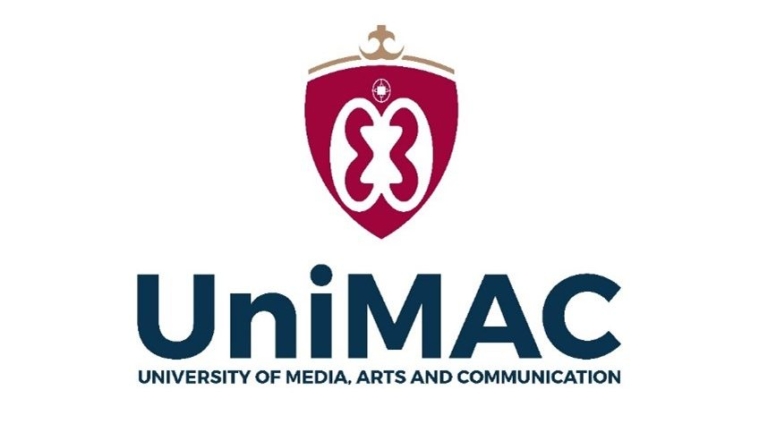The Directorate of Research, Innovation and Development (DRID) of the University of Media, Arts and Communication - Institute of Journalism (UniMAC-IJ) last Friday held a training on how researchers could boost their academic profiles on digital platforms.
The online session was aimed at enabling attendees to understand how research impact visibility works and the benefits academic profiles could reap for scholars.
Lecturer at the university's Faculty of Public Relations, Advertising and Marketing (FOPAM), Dr Noel Nutsugah, who facilitated the training, observed that it was important for best practices regarding optimising academic profiles to be explored.
Highlighting the crucial role of the digital age in publishing studies, he noted that academia had long advanced from the era where research papers existed only in hard copies, requiring researchers to travel several miles just to access those materials.
"If we didn't have the digital tools, what it means then is that these publications would have waited for two years for an issue and a volume to be assigned before it is made available," Dr Nutsugah said during his presentation. "And you can also understand the limitation, you know, the limitation to accessing that particular content."
The academic held the view that "the era demands that we change the ways we do our things and we change the ways we reason around these things".
Dr Nutsugah, who elaborately discussed the impact factor of research papers, said producing a study went beyond completing the work. He explained that the research had to go a step further in making recommendations to the stakeholders involved.
The availability of the studies on digital platforms, he asserted, would help other scholars cite and make references to research works, which would go a long way to achieve a high impact factor.
"The more people cite and, you know, access and cite that particular work, the higher your impact factor, and that is your currency as an academic. So, this whole phenomenon of having some impact factor is what drives us to the composition of our online presence," the lecturer said.
The facilitator took attendees through a practical presentation on how they could sign up on research platforms, including Google Scholar, ORCID and academia.edu.
The directorate's first seminar of the year, which was premised on the topic "Practical Session on Signing up for GoogleScholar, ResearchGate and Academia.edu", brought together several lecturers and students of the university community.
Delivering remarks ahead of the session, the Director of DRID, Professor Etse Sikanku, said it was "without a doubt" that visibility could be achieved through maintaining a presence on the platforms.
He stated that it had become "imperative for us to have this session to take us through how to sign up on some of these platforms or at least have a discussion on what they even are in the first place and how we can make better use of them".
Latest Stories
-
REMAPSEN celebrates 5 years of championing health and environmental awareness across Africa
1 hour -
I served with diligence and honesty; I am willing to defend my NSS tenure in court – Mustapha Ussif
2 hours -
Afenyo-Markin challenges Ahiafor’s sub judice ruling, calls it ‘dangerous precedent’
4 hours -
Mahama instructs Armed Forces to escort all vehicles in Bawku area
4 hours -
African artists, global awards, and the fight for visibility
4 hours -
This Saturday on Newsfile: GRNMA strike, ORAL probe into NSA, shut down of 64 radio stations
4 hours -
19 arrested in raid on drug and robbery dens at Kasoa Dominase, Onion Market
5 hours -
Luv FM High Schools Debate heats up as top schools advance to Round of 16
5 hours -
Asantehene urges chiefs to offer lands as equity for farming
5 hours -
GhanaFest Alberta 2025 launch ignites diaspora business momentum
6 hours -
22-year-old hearing-impaired man allegedly dies by suicide after rape accusation
6 hours -
CAETE 2025: MDF seals 10k jobs deal with China’s Yixintai Group
6 hours -
Climate Change: AGN Chair emphasises importance of Africa’s unity in global negotiations
6 hours -
TV stations risk prosecution over pirated content – Copyright Office warns
7 hours -
Anointed Engineering donates ‘Borla Macho III’ tricycle to support sanitation drive in Accra
7 hours

